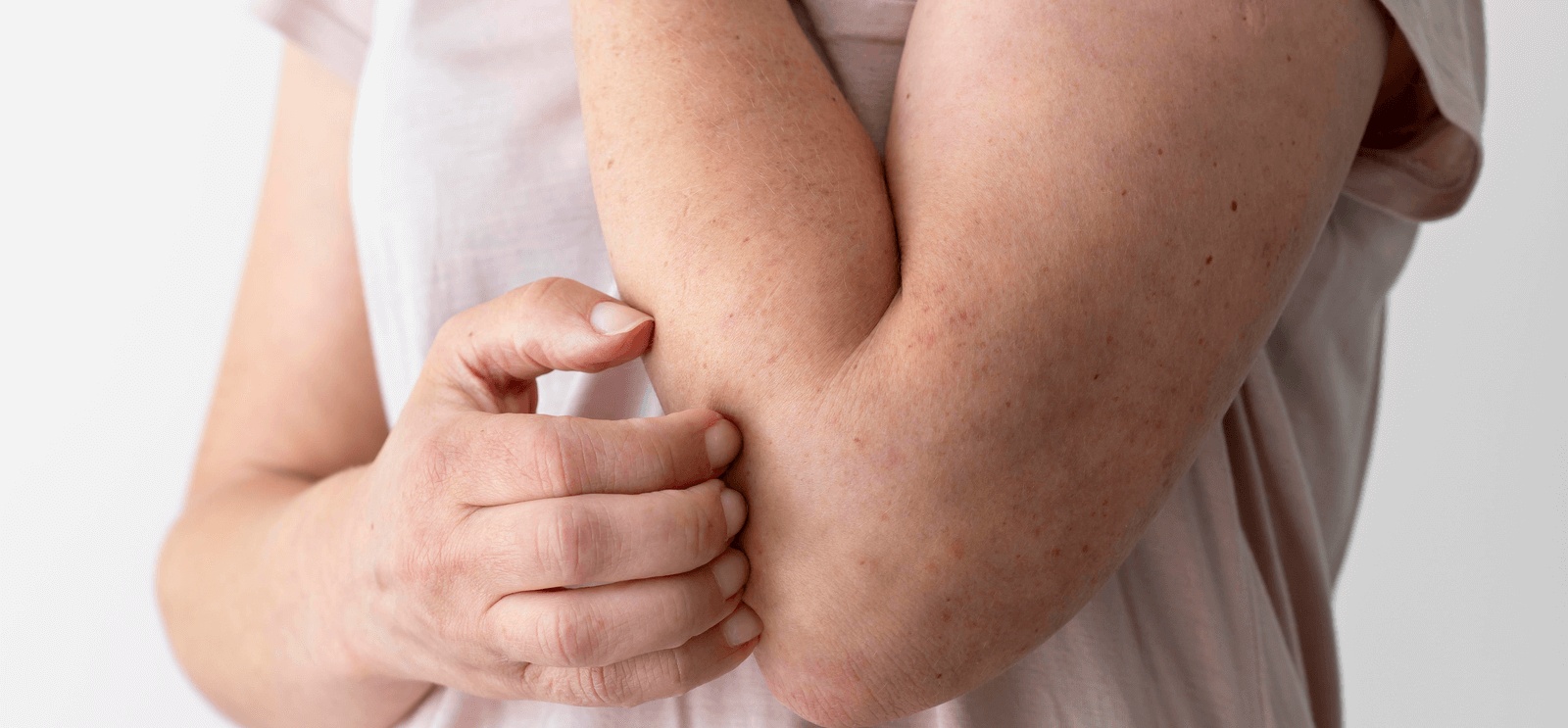Skin cancer affects one in five Americans by age 70, making it the most widespread cancer diagnosis in the United States, according to the Skin Cancer Foundation. When facing a skin cancer diagnosis, knowledge becomes your greatest ally. Understanding the full spectrum of skin-cancer treatment options, from traditional surgical approaches to cutting-edge therapies, can significantly influence your treatment journey and outcome.
Whether you're newly diagnosed, supporting a loved one, or simply being proactive about your health, this guide breaks down the essential information about skin cancer treatments in clear, straightforward terms.
Read on to explore the treatment options for different skin cancer types and where to find the best dermatology care in Bend, OR.
Understanding Your Treatment Options for Skin Cancer
Facing a skin cancer diagnosis can feel overwhelming, but today's patients have more effective treatment options than ever before. The right approach for you depends on several factors: the type and stage of your cancer, its location on your body, your overall health, and your personal preferences.
1. Surgical Treatments for Skin Cancer
Skin cancer experts offer several surgical options to remove skin cancer effectively:
- Excisional surgery removes the entire cancerous lesion along with a border of healthy tissue, making it a standard choice for basal and squamous cell carcinomas.
- Mohs surgery offers remarkable precision for more complex cases, especially on the face, where preserving normal tissue is important. During this procedure, a skin cancer treatment provider removes the cancer layer by layer, examining each section under a microscope until no cancer cells remain, which provides high cure rates while minimizing scarring.
- Curettage and electrodessication involve scraping away cancer cells with a spoon-shaped tool known as a curette, and then using an electric needle to destroy any remaining cancer cells through heat. This technique works well for small, superficial skin cancers and can be completed relatively quickly in a doctor's office.
2. Non-Surgical Treatments for Skin Cancer
For patients who may not need surgery, several effective non-surgical treatments target skin cancer locally:
- Cryotherapy uses extremely cold liquid nitrogen to freeze and kill cancer cells, making it particularly useful for treating actinic keratosis, also known as precancerous growths, and superficial skin cancers. This procedure is quick, with the doctor applying the liquid nitrogen directly to the affected area.
- Topical chemotherapy offers another non-invasive option, where patients apply medicated creams like 5-fluorouracil directly to their skin. These medications work by interfering with the cancer cells' ability to grow and divide, effectively treating precancerous lesions and some superficial cancers over several weeks of application.
- Photodynamic therapy (PDT) combines two treatment elements: first, a light-sensitive drug is applied to the skin or injected into the bloodstream, and then the area is exposed to a specific wavelength of light that activates the drug to destroy nearby cancer cells while mostly sparing normal tissue.
3. Radiation Therapy for Skin Cancer
Radiation therapy uses high-energy rays to destroy cancer cells while limiting damage to healthy tissue. Dermatology providers reserve this treatment for non-melanoma skin cancers like basal and squamous cell carcinomas rather than melanoma. There are two common types of radiation used for skin cancer:
- External beam radiation directs radiation from a machine outside the body precisely at the cancer site. This approach proves especially valuable for patients who cannot undergo surgery due to age, health conditions, or the cancer's location.
- Brachytherapy offers a more targeted alternative by placing radioactive material directly at or near the cancer site, delivering a concentrated dose while minimizing exposure to surrounding tissues.
Radiation is often recommended for elderly patients who might not tolerate surgery well or for cancers in areas difficult to operate on, like eyelids or nose tips. While effective, radiation therapy comes with side effects to consider. The most common side effect is that patients typically experience skin irritation similar to sunburn in treated areas.
4. Advanced Therapies for Metastatic Skin Cancer
When skin cancer spreads to other parts of the body, dermatology experts turn to advanced systemic treatments that target cancer throughout the body:
- Immunotherapy has revolutionized metastatic skin cancer treatment by helping the body's immune system recognize and attack cancer cells.
- Medications called checkpoint inhibitors, such as pembrolizumab, remove the brakes that prevent immune cells from attacking cancer, showing remarkable success against advanced melanoma, with some patients even achieving long-term remission.
Targeted therapy takes a different approach by focusing on specific genetic mutations driving cancer growth. For example, about half of melanoma patients have a BRAF gene mutation, and drugs called BRAF inhibitors can block this faulty signal and shrink tumors.
5. Chemotherapy for Skin Cancer
For patients who don't respond to these newer treatments, chemotherapy remains an option. This traditional approach uses drugs that kill rapidly dividing cells throughout the body. Still, it has become less common as a first-line treatment due to the higher effectiveness and fewer side effects of immunotherapy and targeted therapy.
How to Decide Which Skin Cancer Treatment is Right for You
When discussing skin cancer treatment with your doctor, asking the right questions helps you make informed decisions about your care and the types of treatment that are right for you. Start by seeking clarity about your diagnosis and the type and stage of skin cancer you are dealing with. This fundamental information determines your treatment path, as a superficial basal cell carcinoma (BCC) requires different care than an advanced melanoma.
Finding the Best Dermatology Care in Bend, OR for Skin Cancer Screenings
When it comes to something as personal and serious as skin cancer, you deserve care that feels both expert and deeply human. At Snow Dermatology, we begin with a thorough evaluation that leads to a treatment plan built just for you; no shortcuts, no guesswork.
Our expert team, led by Amy Snow, PA-C, uses the latest technology, including in-house photodynamic therapy, to ensure precision while keeping your comfort front and center. Whether you're here for a screening or a surgical procedure, we guide you every step of the way, making sure you feel informed, supported, and confident in your care. From diagnosis to recovery, our mission is to deliver comprehensive skin cancer treatment with clarity, compassion, and clinical excellence.
Ready to treat skin cancer with expert, personalized skin cancer treatment in Bend, OR?


.svg)

.jpg)














